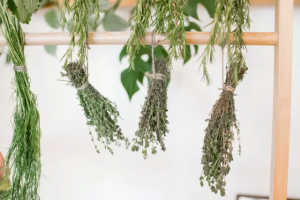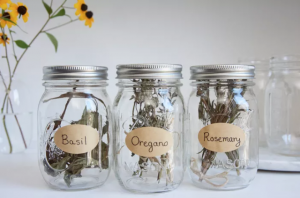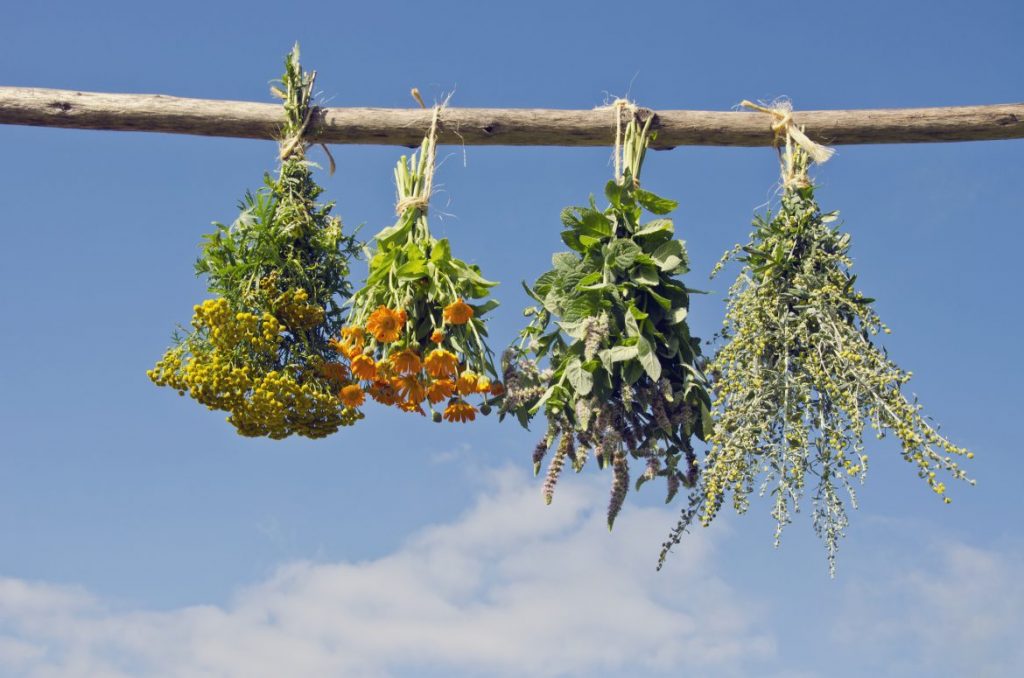The season has brought its bounty into your home, but sometimes there are more gifts from your garden than you know what to do with. Air drying can extend the life of herbs by a very long time. The best method varies depending on what you want to dry. Here is a quick guide to air-drying them:
Best herbs for air drying
The sturdier the herb, the better for air drying. These are herbs like rosemary, sage, thyme, and parsley. They can easily be air-dried indoors or outdoors, unlike more moist herbs. They can be tied with string or ribbon and hung upside down.
Ventilation
The basics of herb drying are simple: expose the leaves of the herb to dry air. The point is to leave the herbs in a well-ventilated spot until the moisture evaporates. While you can do this outdoors, indoor air drying usually results in better colour and flavour retention.

Marie Iannotti, The Spruce
Drying moist herbs
More delicate herbs like basil, oregano, and mints have a high moisture content. This means they can easily develop mold when drying. They need to be dried quickly as a result.
The best way to do this is using paper bags. Tie the herbs as you normally would, but place them inside a paper bag and secure the top of the bag around the stems with an elastic band. Hang them upside down inside the bag, and put ventilation holes in the paper.
The bag will catch the tender leaves that fall, and speed up the drying process by allowing air to circulate inside the bag. It also keeps dust off the leaves as an added bonus.
How to harvest herbs for drying
The best time to harvest herbs before drying them is just before the flowers open. Harvest the herbs in the morning after dew has evaporated. This will prevent more wilting. Be delicate with the leaves and try not to tear or bruise them.
Immediately after gathering, rinse the herbs in cool water. Shake off as much water as possible without damaging the leaves before hanging them up. Remove the bottom-most leaves on the stem, discarding dead or damaged leaves. Then bundle them up and tie them at the stem in bunches for hanging.
Avoid direct sunlight
Warm air will help the herbs dry out faster, but do not put them in direct sunlight. This will speed the process up but it will also cause herbs to lose colour and flavour because it deteriorates the leaves.
Storing dry herbs
An air tight container like a glass jar is the best way to store dry herbs. Don’t forget to label them. It’s critical that the moisture has evaporated before they are sealed, or else they can grow mold. It should take between 5 and 10 days.

Marie Iannotti, The Spruce
ALSO SEE: 3 Inventive ways with herbs
Written by Stephanie Cookson for Garden&Home.
Feature image: Getty Images

